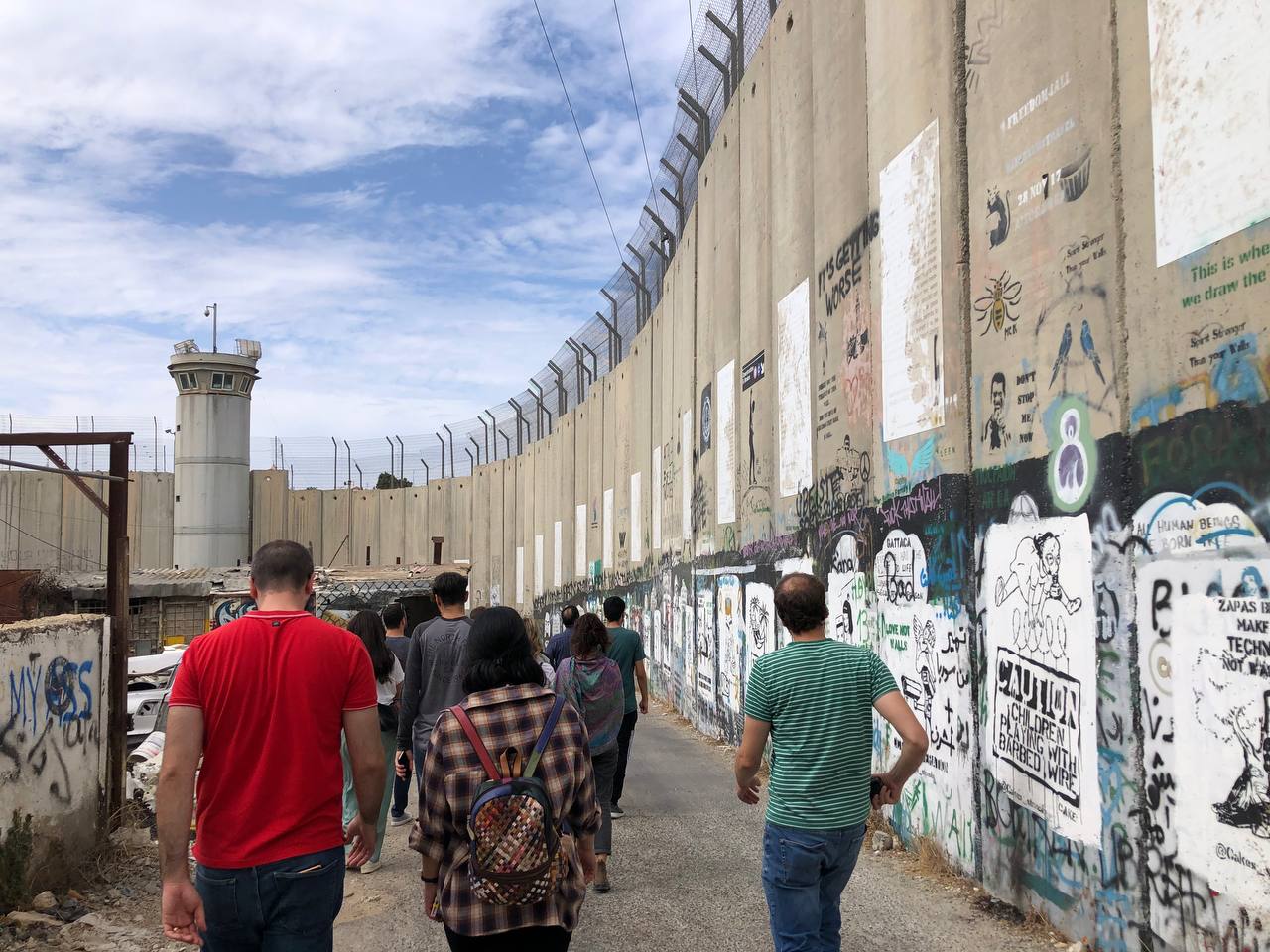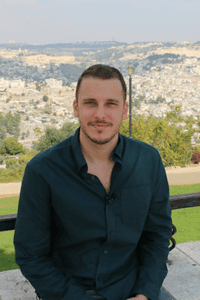
Solidarity with the Oppressed
Solidarity with the Oppressed
By John S. Munayer
Lecturer and Coordinator of the Journal of Palestinian Christianity
Jesus answered, “If you want to be perfect, go, sell your possessions and give to the poor, and you will have treasure in heaven. Then come, follow me.” When the young man heard this, he went away sad, because he had great wealth. Then Jesus said to his disciples, “Truly I tell you, it is hard for someone who is rich to enter the kingdom of heaven. Again I tell you, it is easier for a camel to go through the eye of a needle than for someone who is rich to enter the kingdom of God.” (Matthew 19:21-23).
What does it mean to be in solidarity? Is it simply to give a bit of money every month to the poor? Jesus challenges the rich man to go beyond simply giving charity to poor people, as many of us do, but to be in solidarity with the poor. He is calling the man to embrace true solidarity, which means becoming poor himself. This is not simply an issue of economics; Christ is calling people who are privileged to be in solidarity with the oppressed. In fact, this is exactly what Christ himself did, he incarnated as a 1st century Jew living under occupation, came from a humble background and ministered to the poor, sick, foreigners, prostitutes and marginalised. Jesus did not just give money to the oppressed, but he became part of the oppressed communities. This was his true solidarity. And what a challenge this is for us. Jesus is basically saying that a true follower of his gives up their privilege and becomes part of the oppressed people.
As Palestinians, whether we come from Nazareth, Lydda, Jerusalem, Bethlehem or Gaza, we live under many forms of oppression and occupation. Our identity marker as Palestinian automatically means that systems go against us. This challenges those who are not Palestinian, to be like Christ and commit to true solidarity with the Palestinian people in their struggle for equality, dignity and justice. Practically speaking, this can be done by advocating for Palestinians, walking side-by-side them in the land, collaborating with their projects and supporting initiatives. And like the rich man, when a non-Palestinian commits to true solidarity, they become ‘poor’, or in our context, ‘Palestinian’. They will feel the heat and pressure from Zionist individuals and bodies, in their pursuit to follow Christ in solidarity with the oppressed. This is part of the meaning of picking up one’s cross and following Christ.
Moreover, this is also a challenge for us Palestinians to be in solidarity with other people around the world and in Palestine who are oppressed. With groups who may be oppressed because of their class, colour, religion and gender. If we speak honestly, Palestinian Christians tend to come from stronger socio-economic backgrounds (for a variety of reasons), and we must not forget the orphan, widow, stranger and poor among us.
As Christians, in Palestine and around the world, we are burdened with discerning the signs of the times. We need to discern where the Holy Spirit is active and who Christ would minister to in our context. This is in fact the task of a theologian, which is all of us (no need for an academic degree). Often in the Bible, God is active among the communities and individuals we least expect. But what is certain from the Bible and Christ’s ministry, is that he is always active among the marginalised and oppressed. The question is who are the marginalised and oppressed in Palestine?


